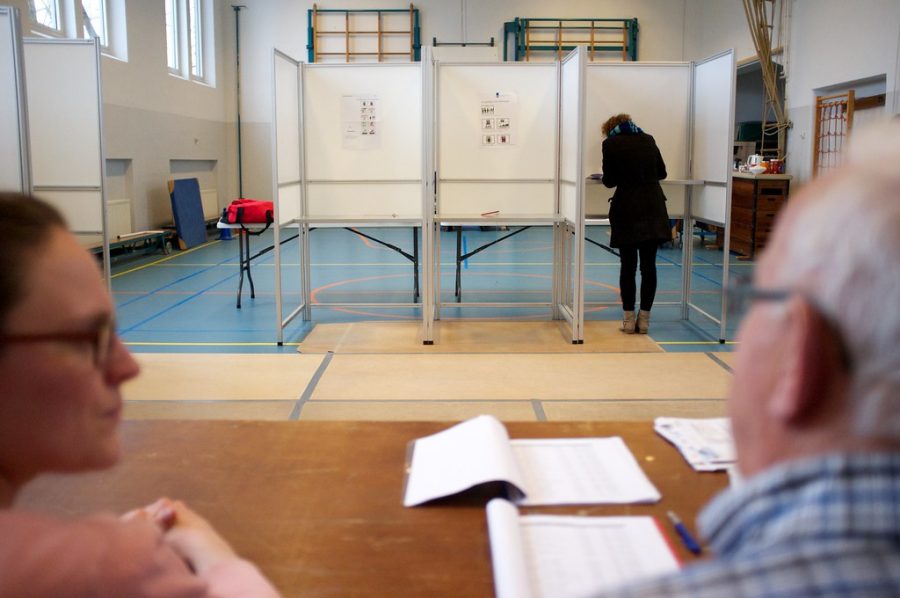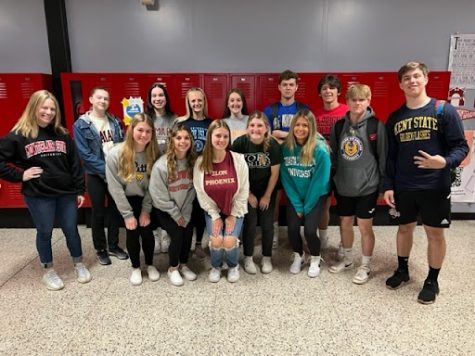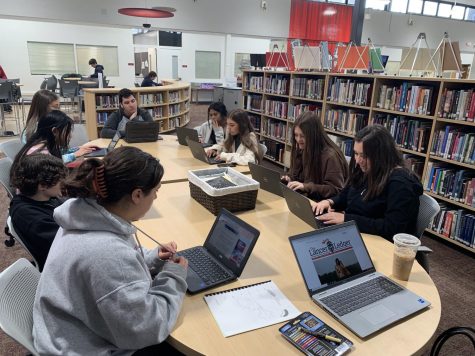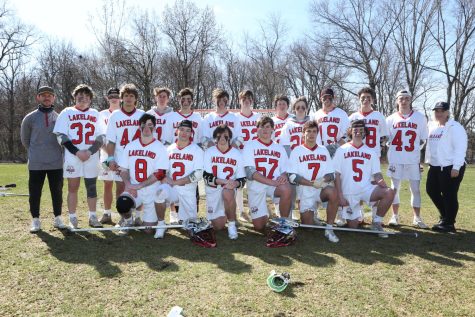Increased Voter Turnout: Why We Should Lower the Voting Age
Sebastiaan ter Burg
In order to increase voter turnout, we need to make voting a habit from a younger age.
Our current political system is failing my generation: and the way things are going, it is damning my future.
The idea of changing the voting age is not new, nor is it radical. This is because the voting-rights circle is continually expanding in order to combat restrictions based on race, gender, or even age. When the arguments for these expansions were first introduced, most were violently opposed by a majority of government and society. In retrospect, society can see where we were at fault and how badly these expansions were needed. Despite these expansions, the United States continues to struggle with achieving universal suffrage, a society in which you have a voice because you are a member, not because you belong to “the right group.” One way to stop this struggle? Lower the voting age.
Almost every country in the world has a voting age of 18. In America, before 1971, the voting age was federally set at 21; it was the 26th Amendment that lowered it to 18. Recently, Democratic Presidential hopeful and entrepreneur Andrew Yang introduced a bill that proposed a voting age of 16. Other 2020 presidential candidates have expressed an openness to lowering the voting age, but Yang is the first to state his intention to do so.
Yang tweeted, “Getting young people voting early makes them voters for life. Our politics will affect young people for decades to come. They should have a say in their own future.”
In a more detailed explanation on his proposed policy, Yang explained his reasoning behind the bill, the two most outstanding arguments being increased voter turnout and promotion of civic engagement.
Author Eric Plutzer discusses habitual voting in a paper that was published by the Cambridge University Press. In his paper, Plutzer establishes that the easiest way to increase civic engagement is by lowering the voting age. Because voter turnout is habitual, and the best predictor of participation is history, getting into a habit of voting from a young age will increase voter turnout later in life. Between the ages of 18 and 21, lifestyle changes make it difficult to acquire new habitual behavior; lowering the voting age to 16 allows a few years of routine before starting a new chapter in life. It is not difficult to accommodate young voters, as schools are well-equipped to help students both register and vote.
The most prominent argument against a voting age of 16 is that teenagers are too ill-informed to vote; as a matter of fact, America’s voting population is already severely ill-informed. In post-election surveys done by the Pew Research Center, data shows that only 58% of the public surveyed correctly answered all three questions asked: Who won the electoral vote, the popular vote and their home state. In another survey by YouGov and the Economist, data shows that 49% of Republicans believe there is some truth to ‘Pizzagate’, a conspiracy in regards to Clinton’s emails and the belief that they contained code words for pedophilia, human trafficking and satanic ritual abuse. Though this conspiracy had been fact-checked and reported false, 9% of these Republicans say the Pizzagate conspiracy is definitely true, while the other 40%say that it is probably true.
Though an uninformed populace seems to suggest that democracy has failed, this is not the case. Because democracy is based on the economics of information, it enables voters to make decisions based on good information, not all the information. An uninformed democracy is not a failed democracy, as success is not based on how much the population knows, but rather the legitimacy of their knowledge.
Addressing a concern that lowering the voting age will cause young voters and their beliefs to dominate the results of elections, it is a fact that adults would still act as the majority of the voting pool, making it virtually impossible for all teenage voters to act.
There are concerns that teenagers are too rebellious and too liberal. All teenager’s political beliefs are still developing and evolving into adulthood; the best way to develop these views are through experience, and the best experience is involvement.
In Takoma Park, Hyattsville and Greenbelt, Maryland, the voting age has been lowered to 16. Data collected shows that 16 and 17 year olds nearly doubled the voter turnout for those between 18 and 21 years of age.
In Austria, the voting age was lowered to 16 in 2007. Data shows that 16 and 17 year olds are more likely to vote than those between the ages of 18 and 21. This same data shows that younger voters are equally as informed as older voters.
Consistently, in both politics and everyday life, a teenager’s capabilities are extremely underestimated. Politics are a constant issue in which many teenagers find themselves heavily invested in. I know the right to vote would motivate both myself and my friends to become more politically knowledgeable and involved more than we are already.
Younger generations need to have a greater stake in political issues. The decisions the government makes directly affect the future and the life I want to build for myself. As of now, the government is routinely burdening future generations with responsibility and not extending the rights that allow a voice in politics. This needs to change.

Keira McDonald is a junior at Lakeland Regional High School, and this is her second year writing for The Lancer Ledger. Last year, she held the position...













